People used to know how to eat. They ate what they (or someone nearby) pulled out of the ground or plucked from a plant. It was fresh, seasonal and good for you. And someone in the house knew how to turn all of that delicious produce into mouthwatering meals that nourished the body and satisfied the soul.
And now? The question of “how to eat” has become incredibly complex. We have learned a lot about nutrition, but that knowledge can be confusing. It seems that every week there is a new study coming out that appears to contradict a previous one. Is dairy good for you, or is it to be avoided? Are all saturated fats bad? Is it better to eat low-carb and high-protein or high complex-carb and low-protein? Is vegan really a healthier way to eat? Should I take supplements?
Add to this (avalanche) of nutrition information the many choices on grocery store aisles. Almost every packaged food item proudly displays a health claim. Just try to find a box of cereal without one. And how many versions of Smart Balance Buttery Spread does the world need? It would take someone 10 minutes to decide, going something like this: “Do I want the Original or the Light Original with Flax? No wait, should I get the one with Calcium maybe, or is the one with Omega-3 better for me? Hmm. Maybe the one with EVOO is best, or there’s one called HeartRight. What’s that?” Did you know there are twelve versions of Smart Balance Buttery Spreads? No wonder people are confused.
I began Families Eating Better to help cut through all of the diet and nutrition “noise.” Before I write a post, craft an article or create a menu for subscribers, I research the latest food news and ensure I have multiple reliable sources. Then I ask myself a few questions. How does this information help me, and my readers, “eat better?” Is this way of eating healthy and sustainable? How can we implement this new knowledge in an already busy schedule so that we benefit from it?
Real change has to be made in the way Americans eat. Right now the U.S. is in the midst of its biggest health crisis – despite spending $2.5 trillion a year on healthcare. Chronic diseases, mostly related to how we eat, are of epedimic proportion. One-third of our chilren alive today will eventually develop and suffer from diabetes due to poor diet and lack of exercise.
This is just not acceptable.
So starting this week I am taking a deep dive into holistic nutrition. A have enrolled at the Institute for Integrative Nutrition to become a Certified Health Coach. Over the next year, in addition to learning the expected nutrition science, I will be exploring over 100 different dietary theories, and learning how relationships, physical activity, career and spiritual practice affect our overall health. And I will be learning how to coach clients – helping them find the right way to eat for them, so they can achieve the healthy lifestyle they desire.
So in addition to posts about food and nutrition, you will start to see information on exercise, self-care, and relationships. And as I explore new foods, new ways of eating and new information, I will be sharing with you my experiences, and look forward to hearing yours.
Remember, people used to know how to eat. So can we.

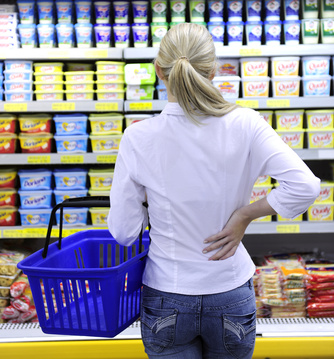
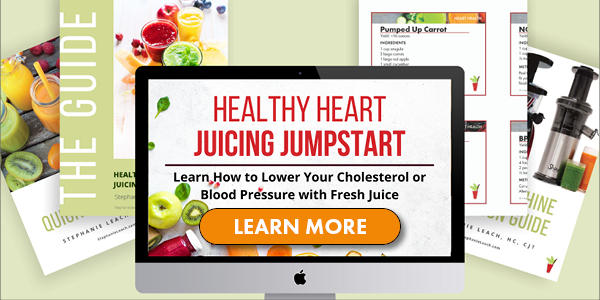

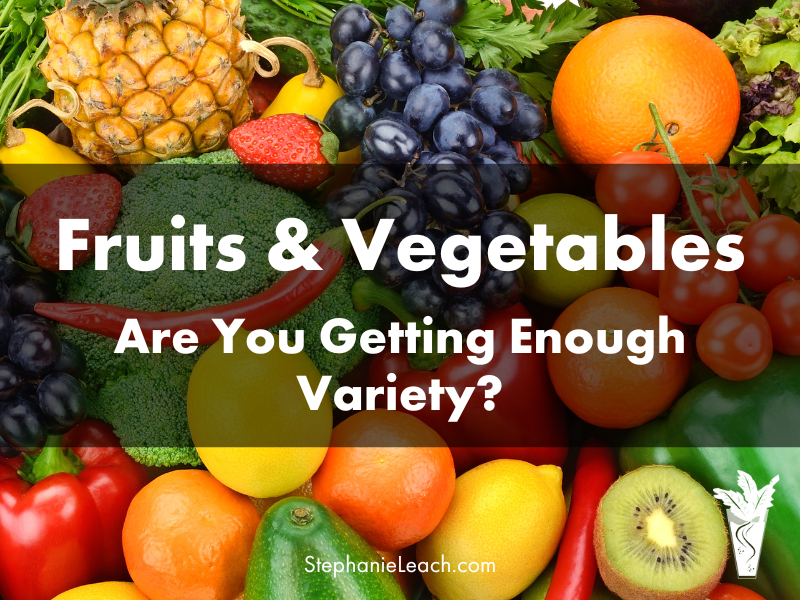
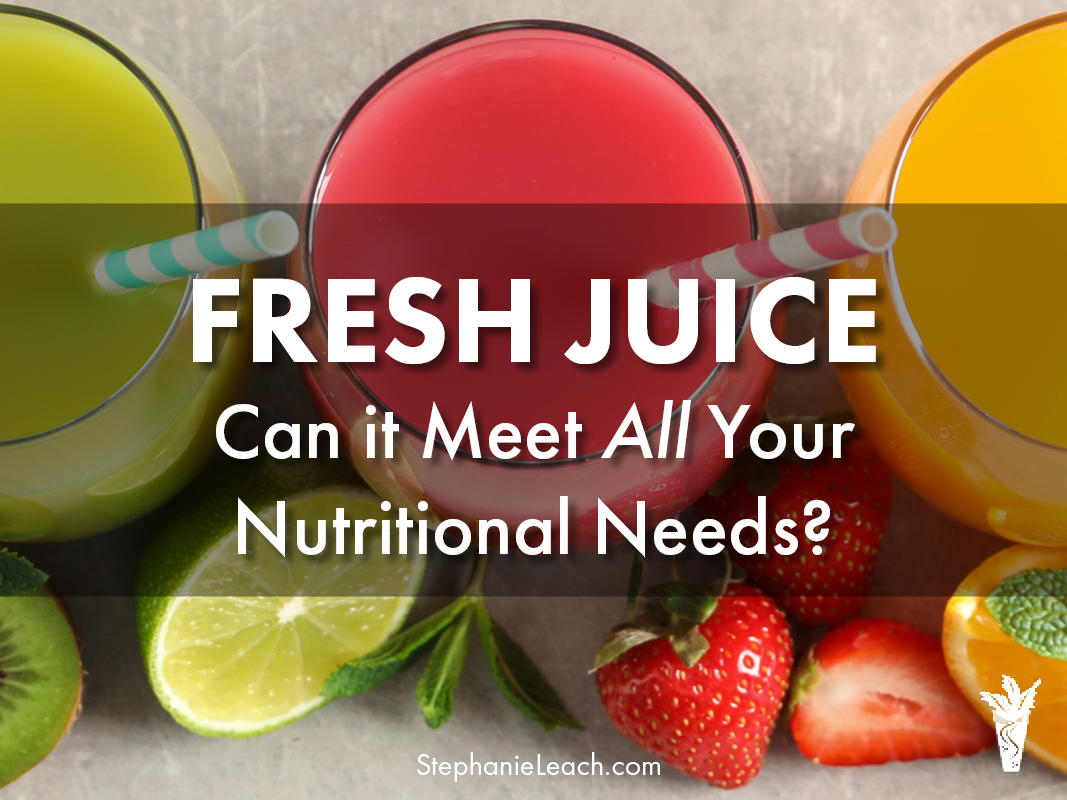
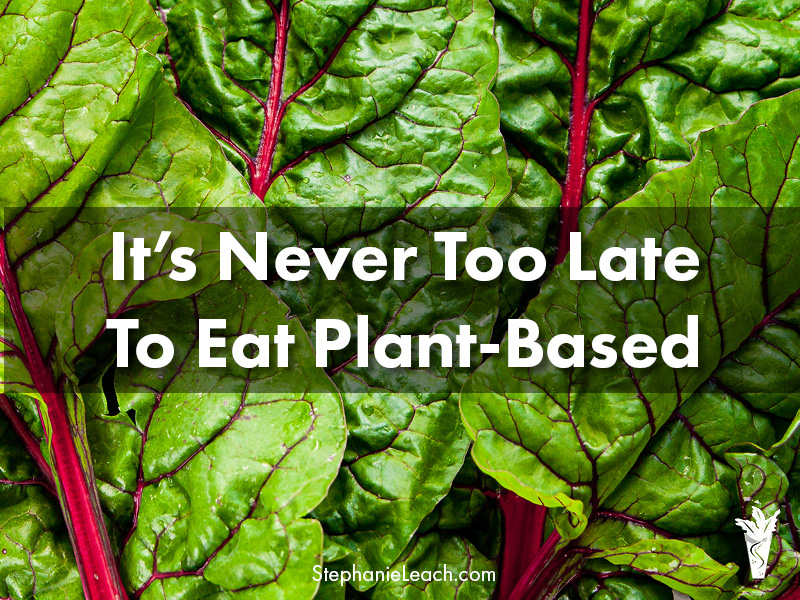
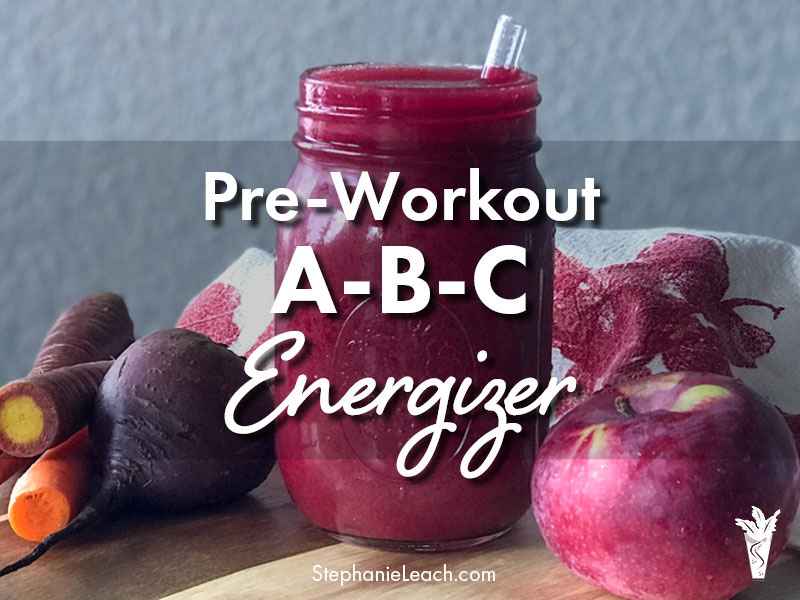
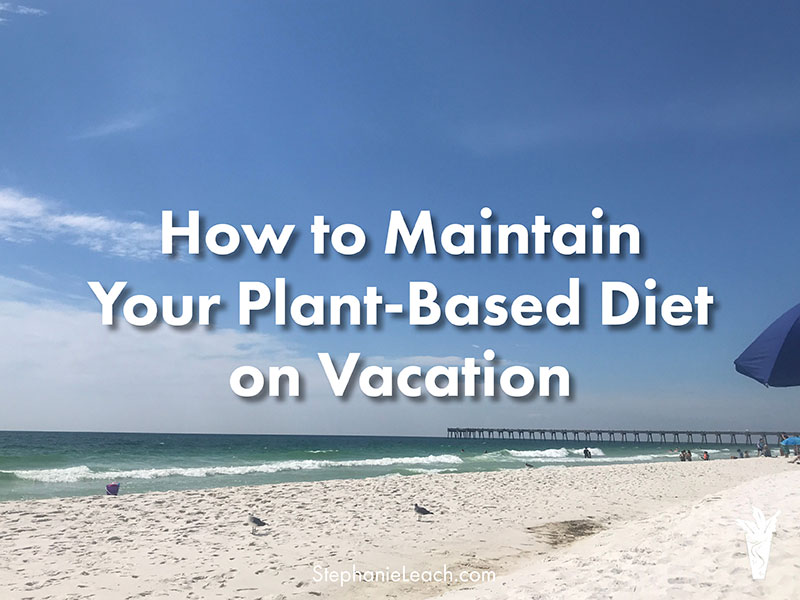
Leave A Comment